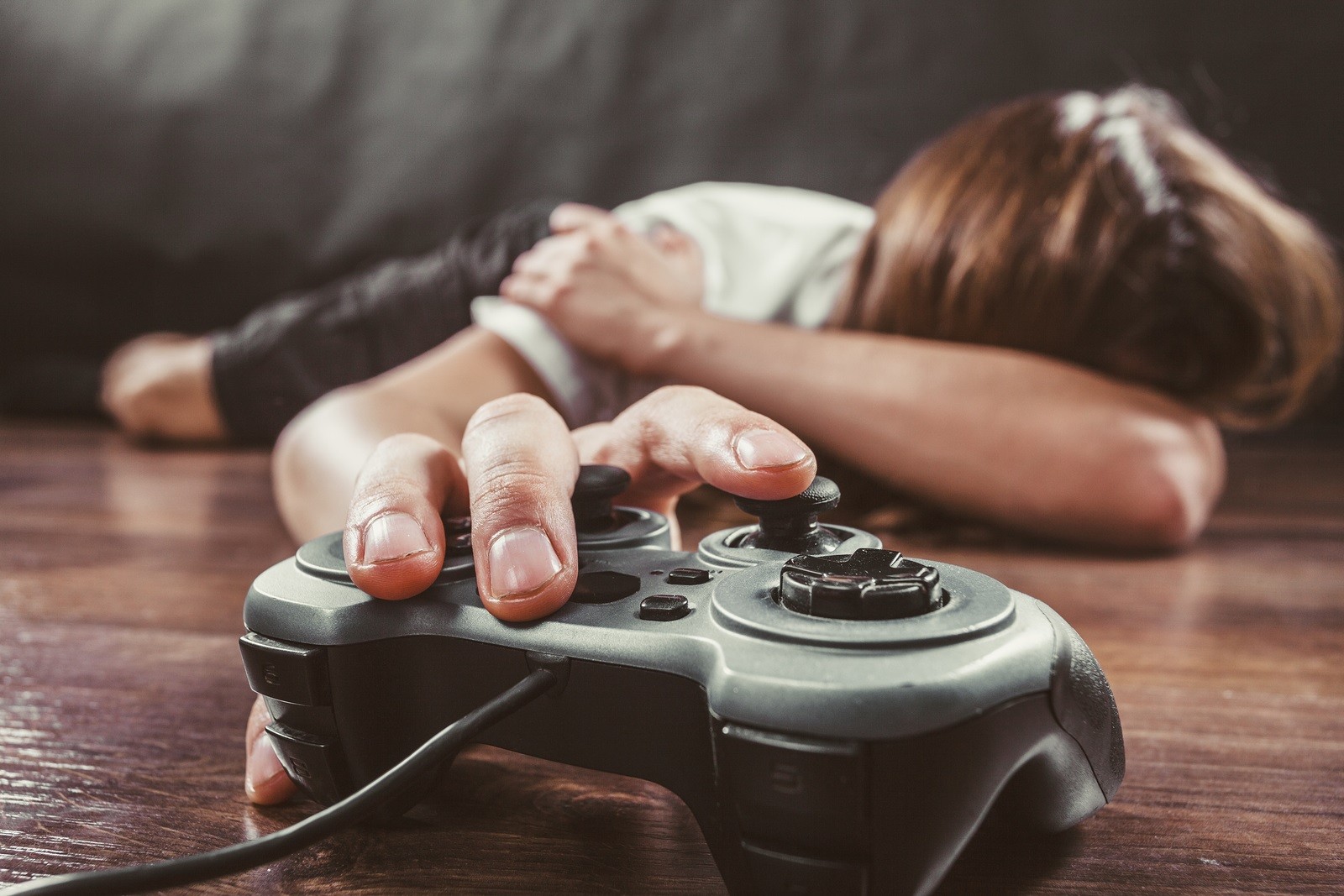19/05/2024
19/05/2024

NEW YORK, May 19: A recent study published in the journal PLOS ONE reveals that 35.7% of university students in Lebanon with gaming disorder also suffer from attention-deficit/hyperactivity disorder (ADHD). This is in contrast to 24% of students without gaming disorder who have ADHD. The study found that the association between ADHD and gaming disorder is stronger in females than in males.
Gaming disorder is a mental health condition marked by an inability to control video gaming, prioritizing gaming over other activities, and continuing to game despite negative consequences. Diagnosis requires the behavior to cause significant impairment in personal, social, educational, or occupational areas for at least 12 months, although severe cases may be diagnosed sooner.
ADHD is a neurodevelopmental disorder characterized by inattention, hyperactivity, and impulsivity, often diagnosed in childhood but persist into adulthood, affecting daily functioning and social interactions. Research indicates a higher likelihood of individuals with ADHD suffering from gaming disorder. Additionally, severe gaming disorder is linked to other mental health issues, including obsessive-compulsive disorder, anxiety, and depression.
The study, conducted by Nazir Hawi and Maya Samaha, aimed to explore the links between gaming disorder and ADHD among university students in Lebanon, focusing on ADHD symptom severity, gender differences, and the impact on academic performance. The survey included 383 students, mostly male, with an average age of 20. Assessments included the IGD-20 for gaming disorder and the Adult ADHD Self-Report Scale, along with demographic information and grade point averages (GPA).
Results showed that 4.3% of participants met the criteria for gaming disorder, with 93% of these being male. Among those with gaming disorder, 35.7% also had ADHD, compared to 23.3% of students without gaming disorder. Students with gaming disorder spent more time gaming, especially during weekends. Females without gaming disorder spent less time gaming than their male counterparts.
The researchers tested a model suggesting that ADHD leads to gaming disorder, which then leads to lower academic performance. The findings support this model, showing a significant relationship between ADHD, gaming disorder, and lower GPA, with stronger correlations in females.
"This study highlights a significant positive relationship between gaming disorder and ADHD symptoms, with gender-specific variations indicating a stronger correlation in females than males. The research also reveals a negative impact of these disorders on academic performance, suggesting they may be barriers to academic success," the authors concluded.
While the study provides insights into the relationship between gaming disorder, ADHD, and academic performance, it is based on self-reports, which can introduce bias. Additionally, the proportion of ADHD students in the sample is higher than typically reported in epidemiological studies, and the study design does not allow for causal conclusions.


